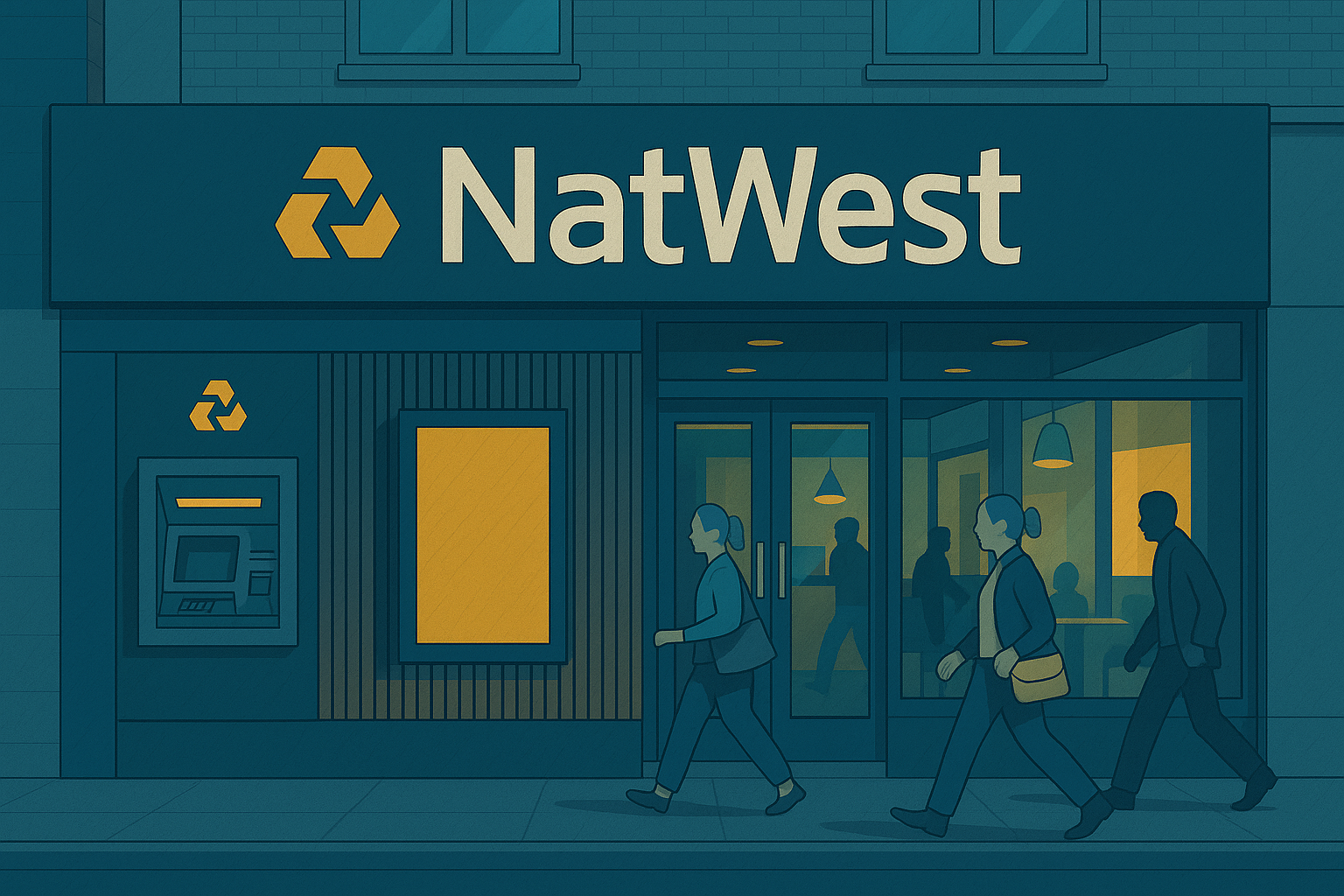-

NatWest plans to reach 50,000 people through expanded financial education. The UK bank will scale its Financial Foundations programme in 2026, delivering free workplace and community-based financial education sessions through employers, local organisations, and housing groups as part of its wider UK growth strategy.
-

IMed Group has appointed Spencer Keegan to lead talent acquisition. The regulatory consultancy is expanding recruitment services alongside international growth, adding permanent and contract hiring capabilities to support medical and health technology clients across Europe and beyond.
-

Calling someone “old” for IT struggles isn’t age discrimination. The tribunal ruled on Farah Janjua’s case against Harvey Jones Ltd, where a colleague’s comment about her IT skills didn’t meet the legal threshold for age discrimination.
-

A gap in financial confidence is blocking UK entrepreneurs. Nearly two in five small business owners don’t know if they’re profitable, as Xero’s new Financial Confidence Taskforce urges a government rethink on financial literacy to make entrepreneurship an aspirational and attainable career path.
-

AI has become accessible to small businesses almost overnight. Yet as Kelly Salter, Commercial Director at names.co.uk (part of team.blue), explains, many still struggle with skills gaps, confidence, and trust. Bridging this divide requires practical guidance and mindset change — helping small businesses see AI as a partner, not a threat.
-

HMRC is intensifying its scrutiny of fast growing UK companies. Francesca Titus, barrister and white-collar crime partner at McGuireWoods, warns that expanding enforcement powers, AI-led investigations, and new criminal offences are raising the stakes. For scale-ups, proactive compliance is now essential — before HMRC comes knocking.
-

UK SMEs may finally have reason for cautious optimism. Rory Crisp-Jones of Jones & Co Finance argues that the Autumn Budget has provided long-awaited stability and renewed incentives to invest — from full expensing and a new 40% First-Year Allowance to a steady 25% corporation tax rate — shifting the balance towards growth.
-

Technology is redefining regeneration across the UK’s North East region. James Hunnybourne, Executive Chairman at Cybit, explores how AI, digital twins, and sustainable construction are reshaping the region’s economy. With a new AI Growth Zone and major investment underway, the North East is building a smarter, stronger future.
-

Boardrooms used to treat crypto as something radioactive and remote. Today, the conversation is shifting to settlement speed, cost, and compliance. As cross-border payment volumes soar and regulation matures, stablecoins and tokenised cash are quietly being tested as the new pipes of global trade, not the latest speculative bet anymore.
-

Stability was the Chancellor’s watchword, but business heard strain instead. Advisers across law and accountancy say the Autumn Budget leans heavily on tax rises for owners, investors, and high earners, while offering only narrow windows and targeted reliefs for those prepared to plan ahead. Businesses face greater complexity and pressure.
